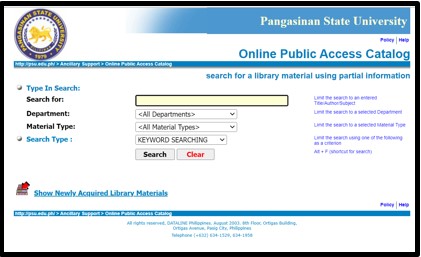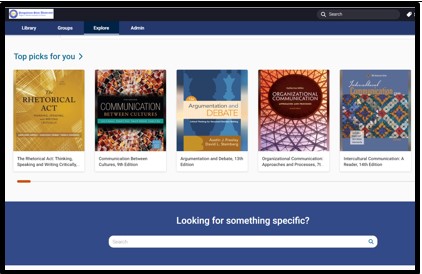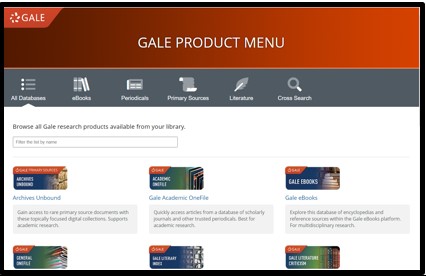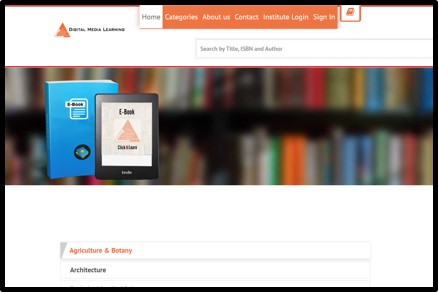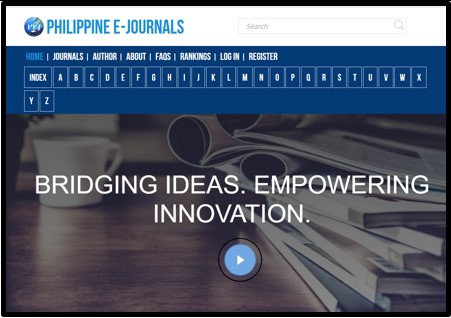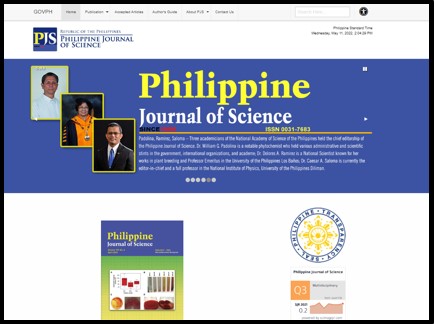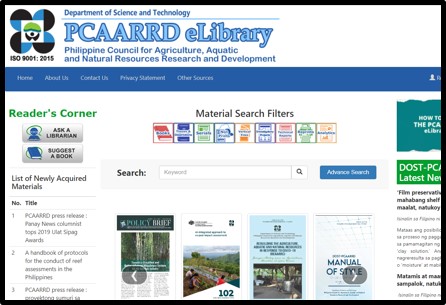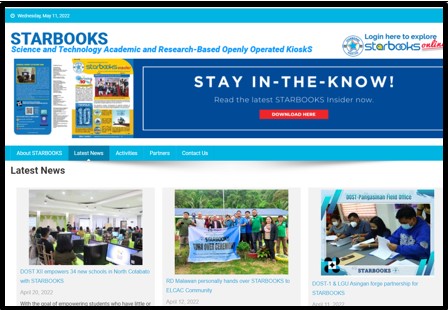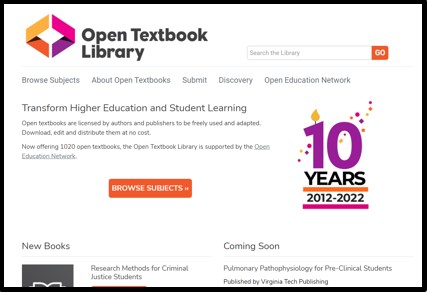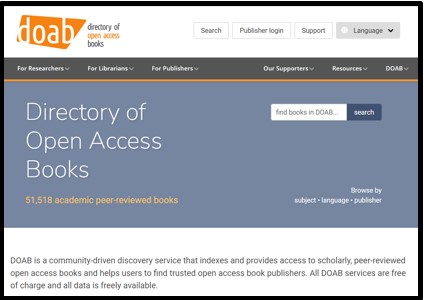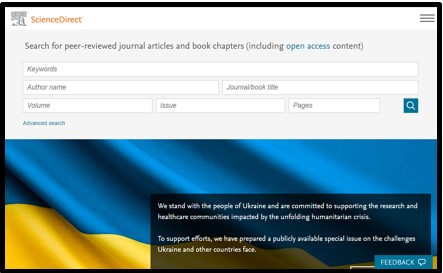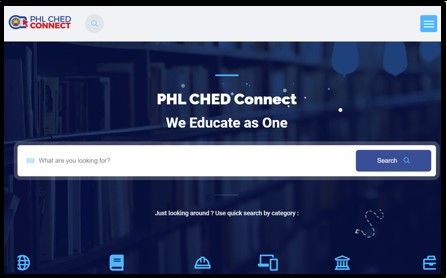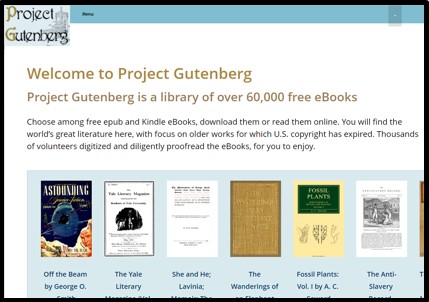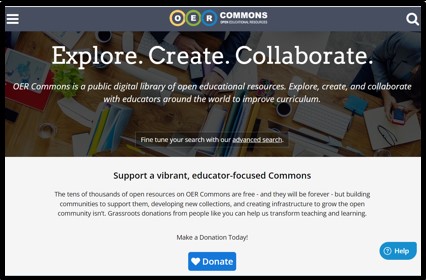The University Library of Pangasinan State University exists to support the learning community of the academic institution. It aims to empower and arm faculty members and students with credible resources and knowledge that support their continuous development and promote lifelong learning.
To build a culture of research and critical analysis, the library provides innovative services, modern technologies, and relevant resources across the nine (9) campuses of the university. Each campus library is composed of two (2) different units that maintain the library’s day-to-day operations: Reader’s Services (Thesis Collection, Filipiniana Collection, Serials and Periodicals, Audio-Visual, Electronic Library, Circulation) and Technical Services.
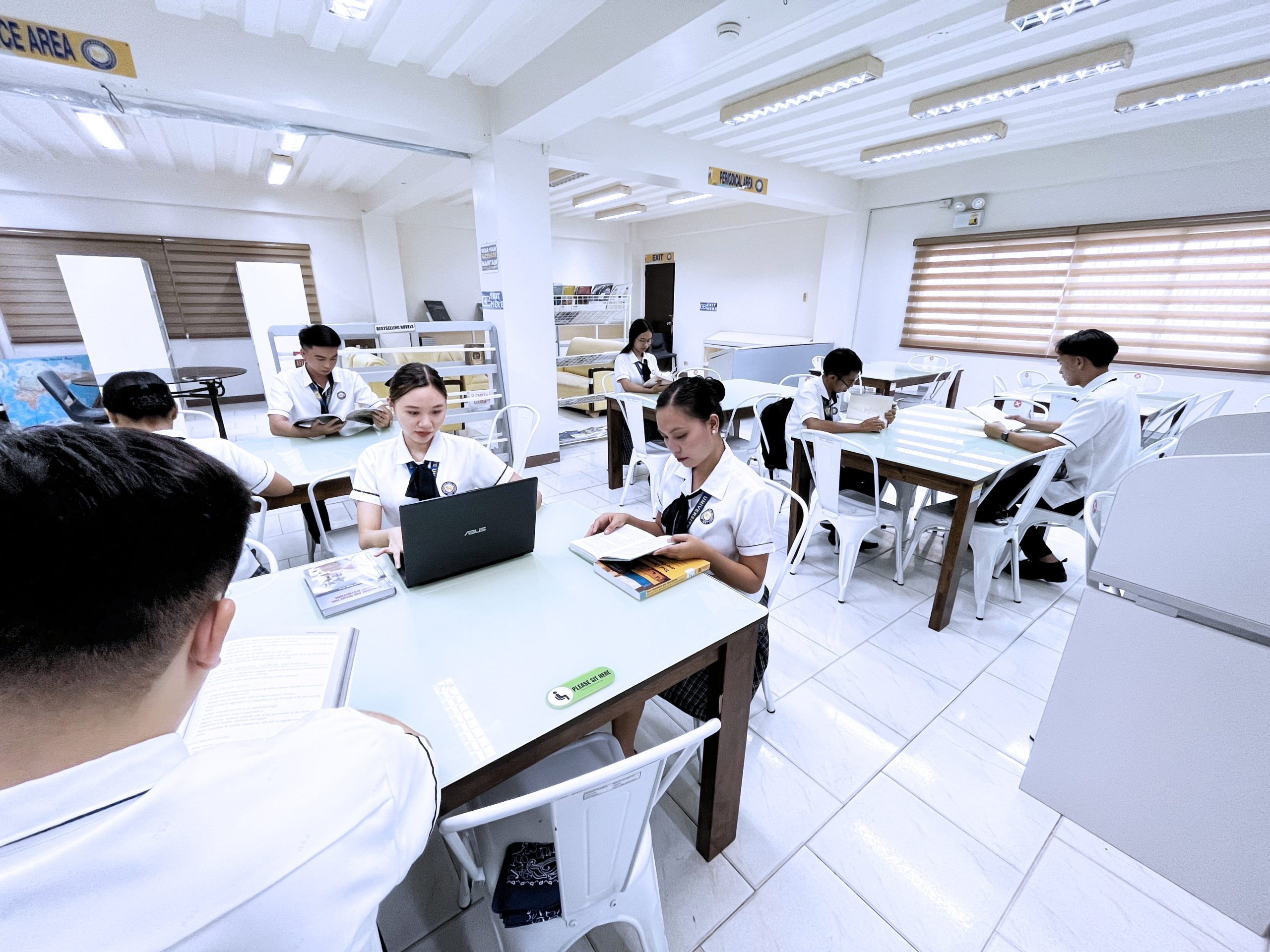
READER’S SERVICES
The reader’s services of the library houses various printed, digital and audio-visual materials that support the academic programs and needs of each campus. It caters not only to the students, academic staff, alumni but also to other researchers from other institutions and the community.
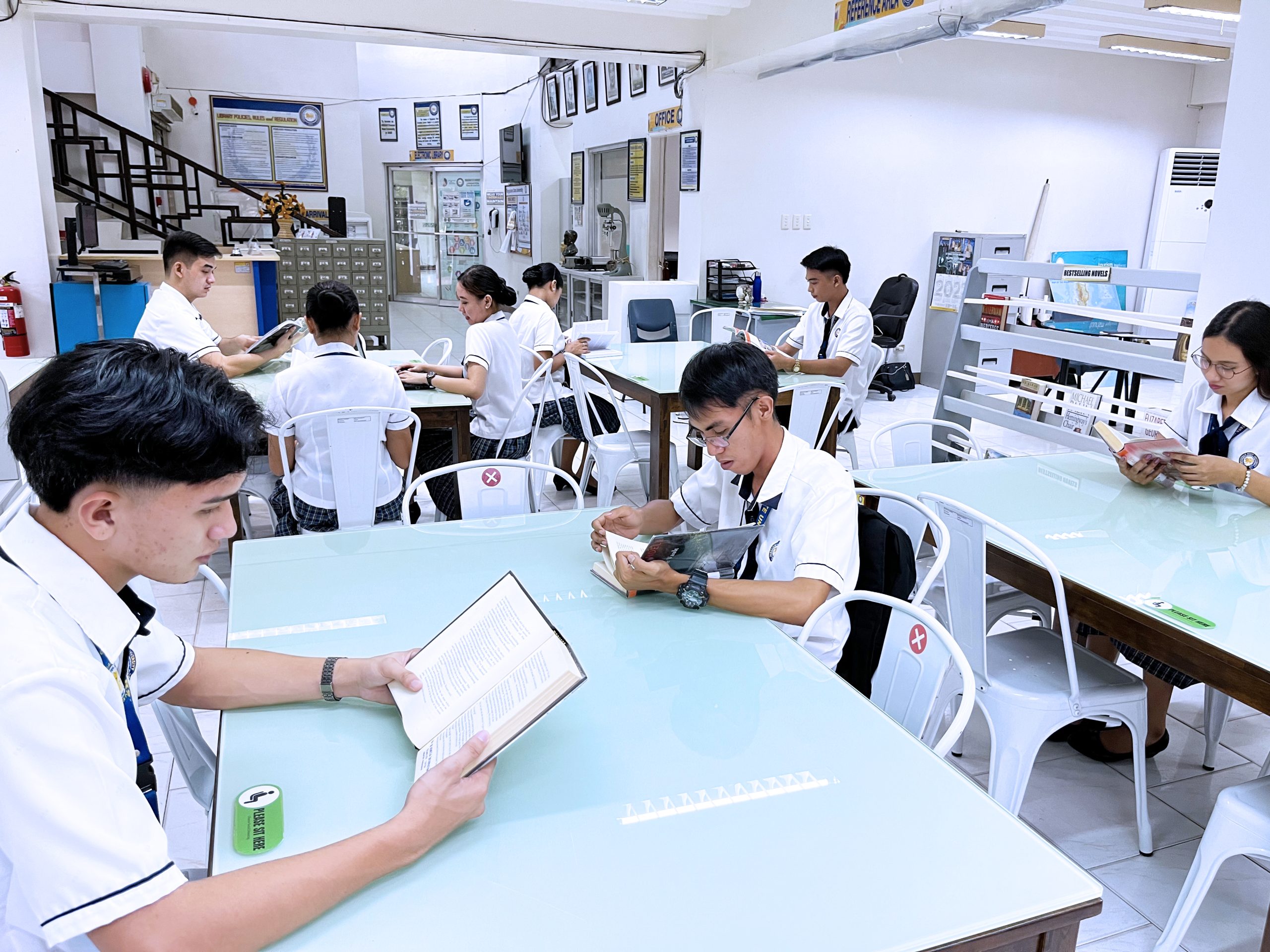
Lending Policy:
-
- Students and PSU employees may borrow books in the General Circulation and Filipiniana Section for one (1) week and two (2) weeks, respectively.
- Library users are allowed to borrow a maximum of five (5) books upon request.
- Reserved books, general references, theses and dissertations are for library-use only.
- Failure to return borrowed books on the due date will be charged.
- Lost and damaged books must be replaced or paid together with their accrued fines.
- Requests from other PSU campuses must be coursed through their respective offices or Librarian.
Borrowing Procedure
- Onsite Borrowing
Step 1. Go to the Online Public Access Catalog (OPAC) remotely check the availability of the needed material in the library collection.
Step 2. Locate the required book(s) in the shelves
Step 3. Present your university ID and the book(s) at the circulation counter.
Step 4. Provide all the necessary details needed in the book card.
- Online Borrowing:
Step 1. Go to the Online Public Access Catalog (OPAC)remotely check the availability of the needed material in the library collection.
Step 2. Send your requests through the Official Library Facebook Page or Reference Questions Formof your Campus Library. Provide all the necessary details needed (borrower’s name, program/office, contact number, address, scanned copy of your ID/ certificate of registration, title of the book/s, author)
Step 3. Library staff will process your request within 1-2 days and will notify you once the book is ready for pick-up.
Step 4. To return borrowed books, notify the Official Facebook Page or Reference Questions Form of your Campus Library.
Step 5. Drop the books at the designated drop-off points. Make sure to properly pack the borrowed books when returning.
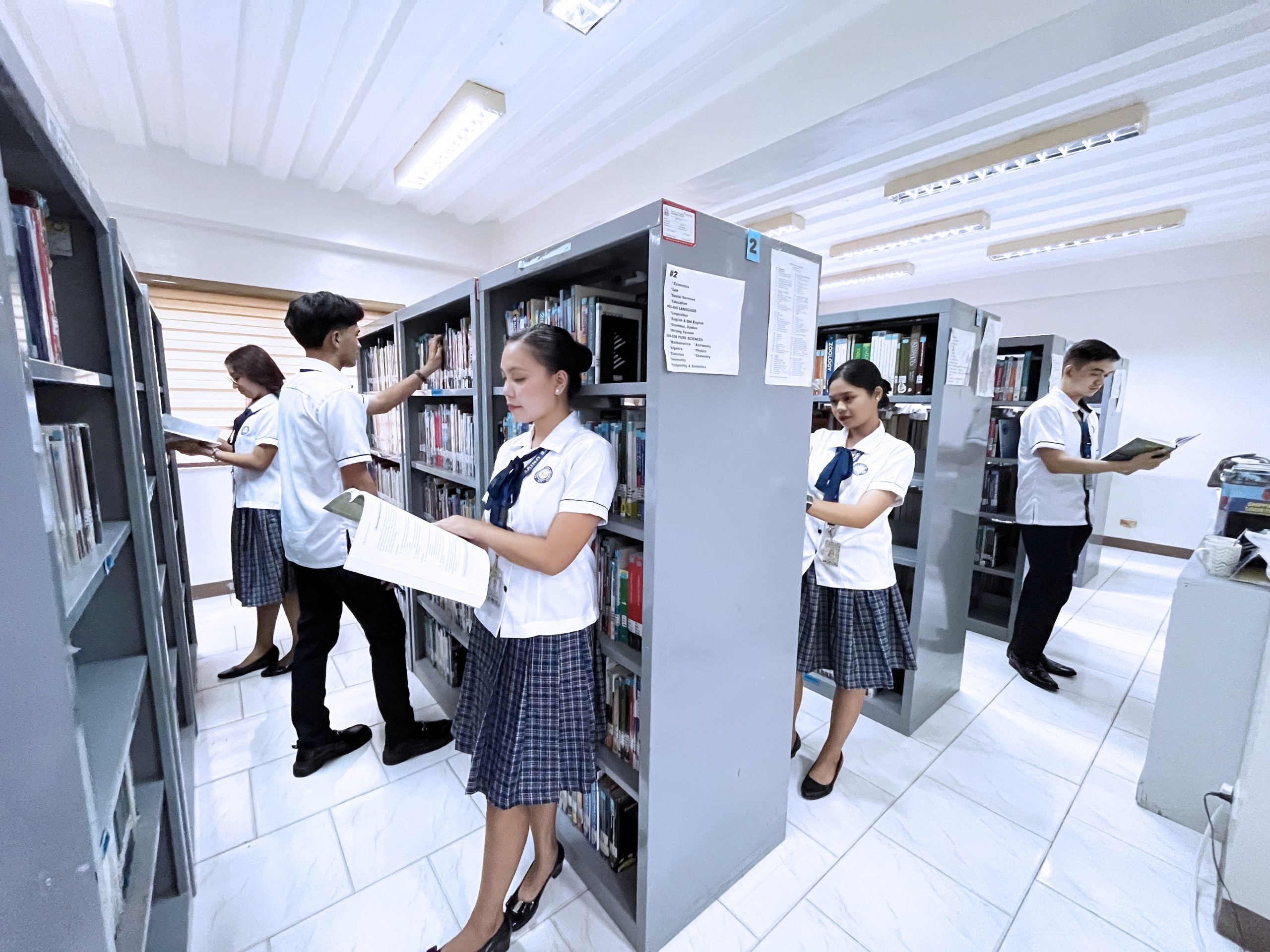
The library maintains the organization and preservation of its collection for easy access and retrieval. All campus libraries are managed by licensed librarians who are experts in selection, retrieval, organization and analysis of clients’ information needs. In addition, all support staff are also trained to assist and support in the provision of library services to the academic institution.
LIBRARY SPACES
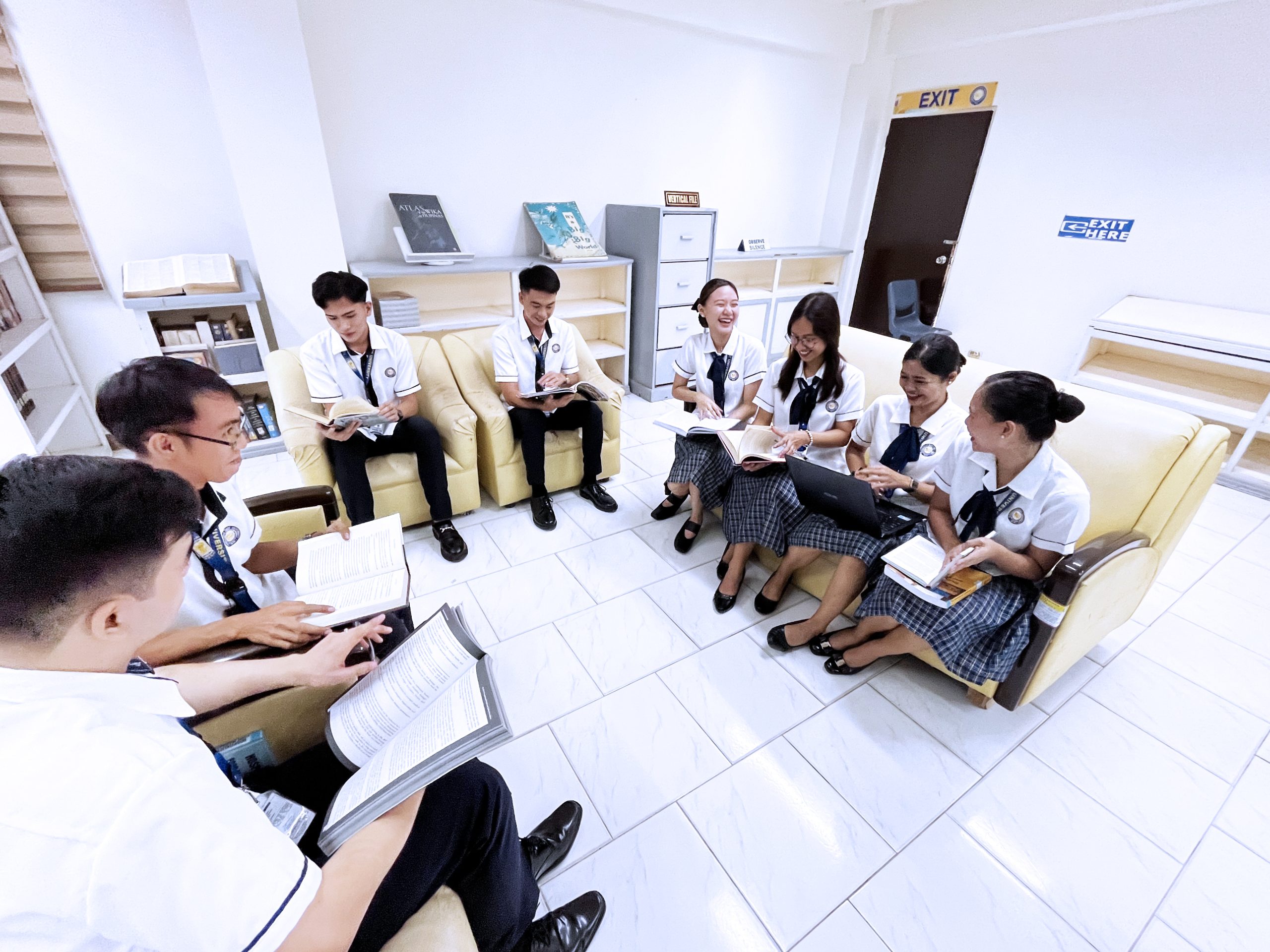
The library desires to be flexible and adaptable in meeting the differing needs of its library users. It recognizes the value of socialization, experience, and creativity in the overall learning process of every individual. Thus, the provision of spaces and facilities such as Learning in Commons, discussion areas, and conference rooms where students and academic staff may study in solitude and spaces for interaction and collaboration are made available on a walk-in and reservation basis.
ELECTRONIC RESOURCES
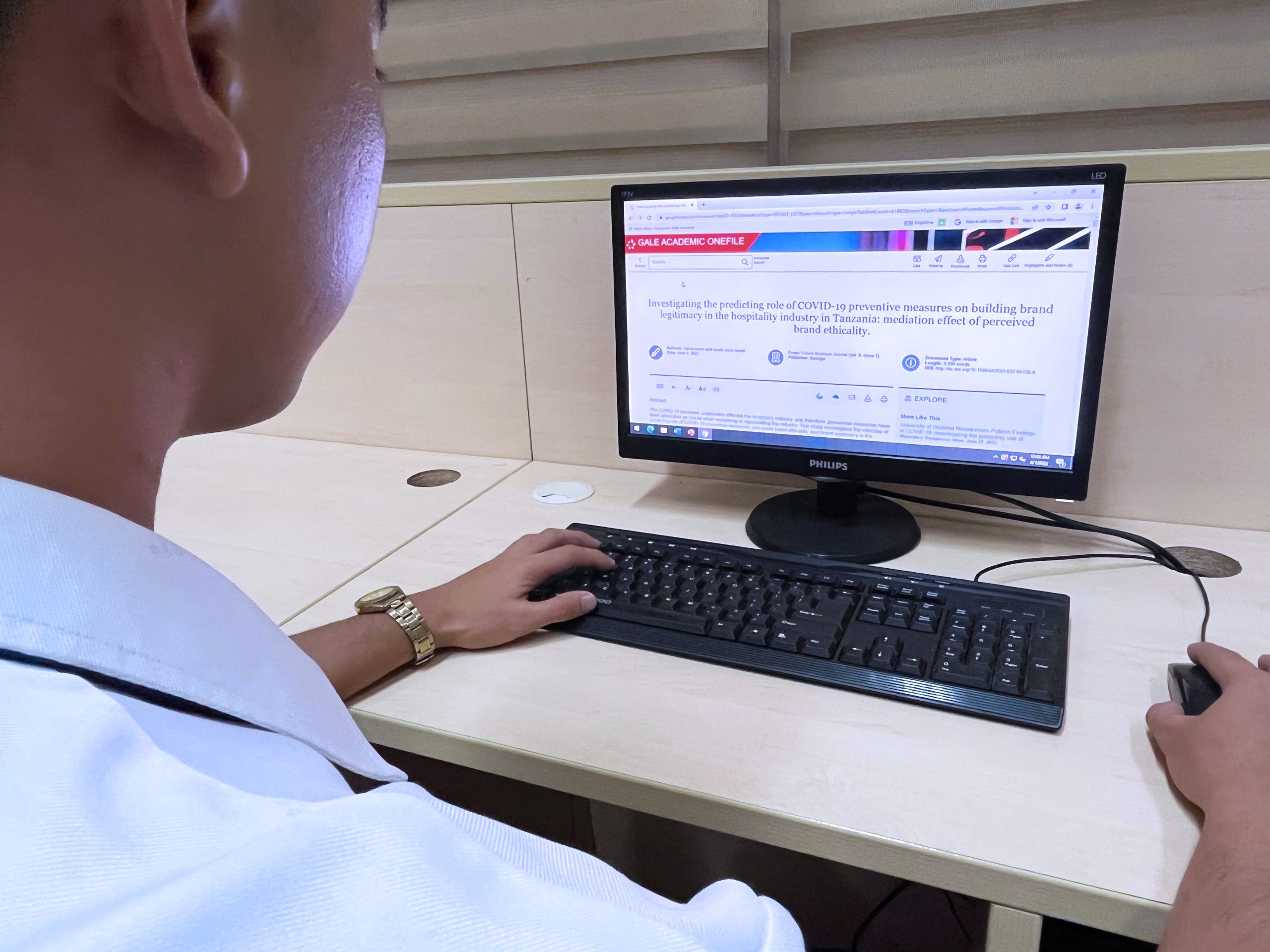
Continuous acquisition of resources and facilities is a must to adopt to the changing needs and learning behaviors of its users. The library is equipped with facilities that enables seamless access to digital content. Computer terminals are provided at the electronic library and wifi connectivity is available for all library users.
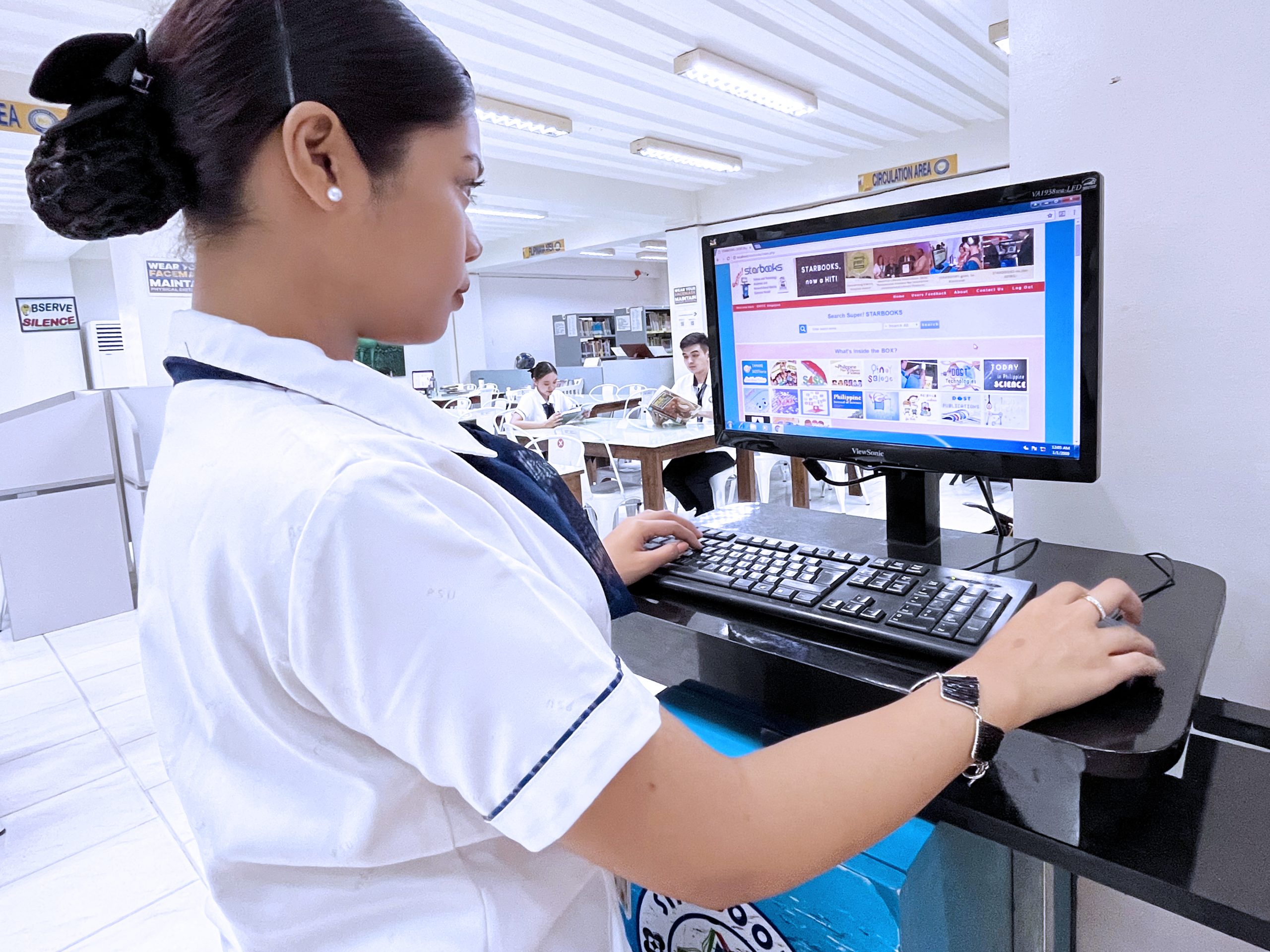
Since learning is a joint effort of the community, the library establishes linkages with different academic and non-academic institutions such as the DOST- Science and Technology Information Institute, Department of Information and Communication Technology, Benguet State University and Tarlac State University to name a few. Computer Kiosks are available for the exclusive access to STARBOOKS (Science and Technology Academic and Research Based Openly Operated Kiosks), OPAC (Online Public Access Catalog) and Digital Thesis Kiosk.
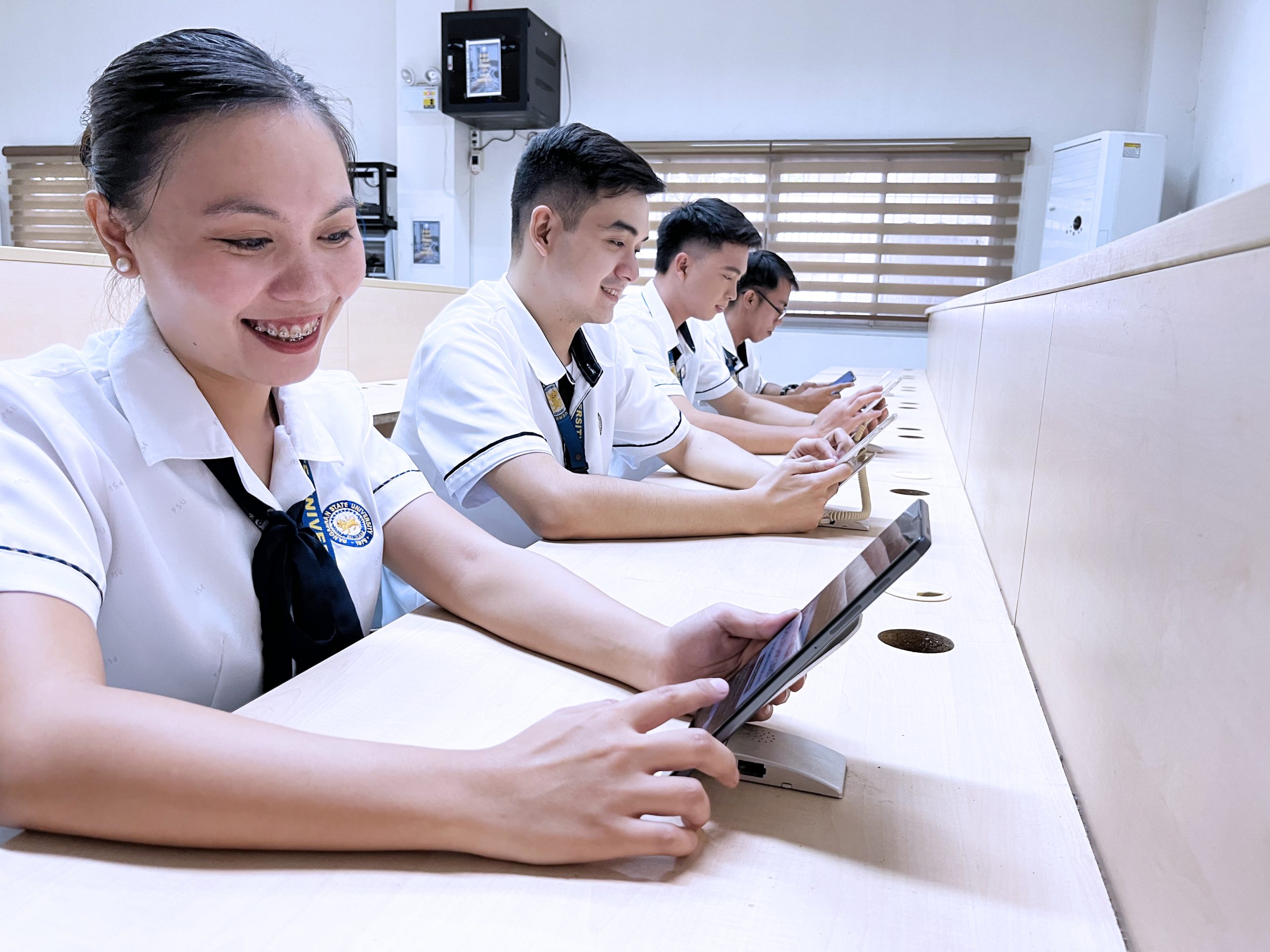
The following online services are also available to all PSUnians at one’s fingertips:
- Online processing of printed books to be borrowed.
- Ask-a-Librarian Service, where library users may seek the assistance of campus librarians on subject-specific print, library tutorials on online information resources and other Open Educational Resources (OER) as well as the library policies and services.
Library Electronic Resources
SUBSCRIPTION
Subscription
Open acces
EBSCO OPEN DISSERTATIONS
PHILIPPINE EBOOKHUB
PHILIPPINE JOURNAL OF SCIENCE
DOST E-LIBRARY
STARBOOKS
OPEN TEXTBOOK LIBRARY
DIRECTORY OF OPEN ACCESS BOOKS

